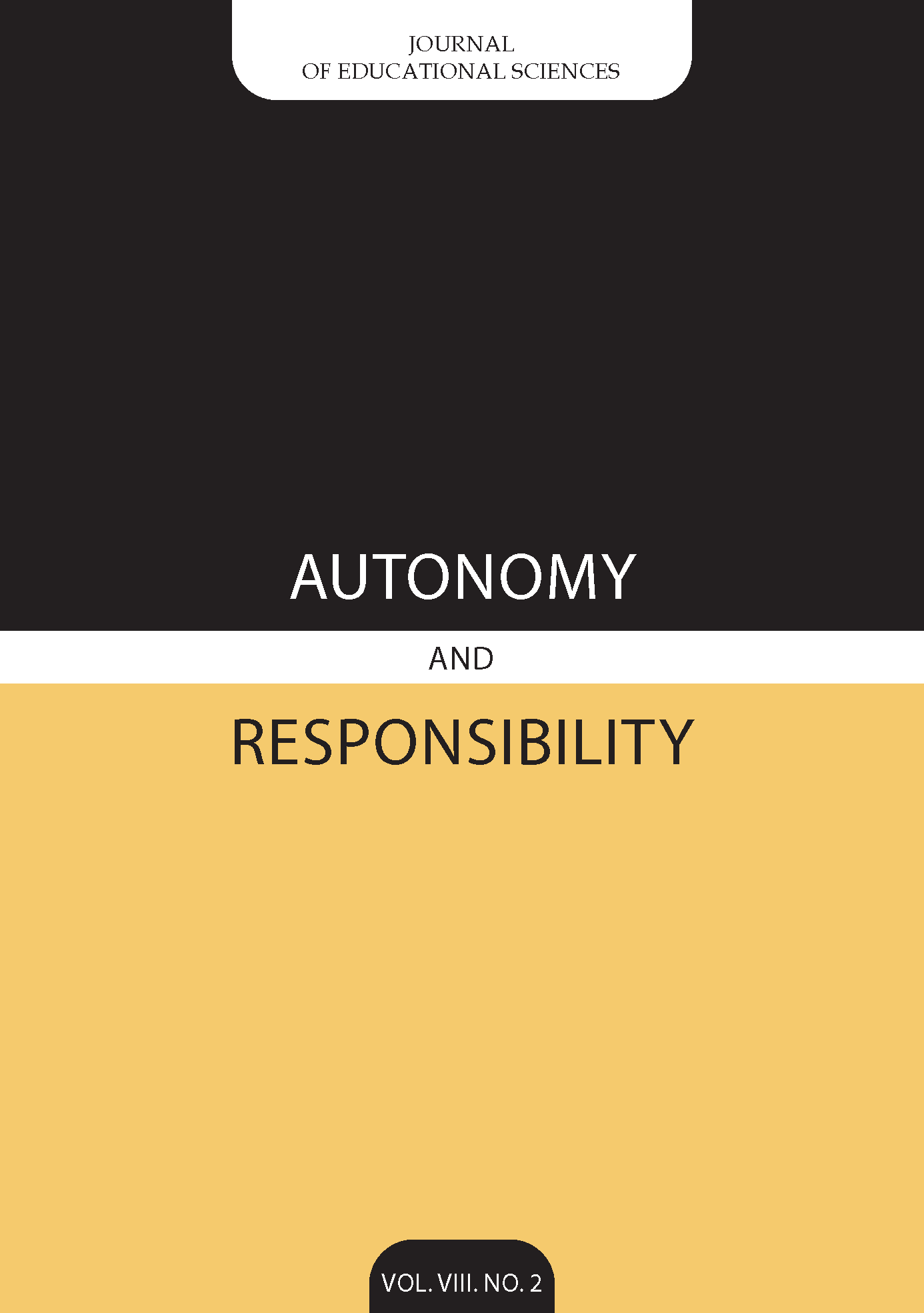How Jewish Values and The Chavruta, Student Learning Groups, Support Cooperative Learning
DOI:
https://doi.org/10.15170/AR.2023.8.2.5Keywords:
Cooperative learning, Jewish Values, Student Learning GroupsAbstract
While cooperation in education may seem to be a twentieth-century development, it has long-standing origins in many societies. For example, an ancient Jewish tradition of having a learning partner (Chavruta) with whom to study the Talmud is referenced as early as the Babylonian Talmud (Shabbat 63a). Cooperative learning is a specific type of active learning in which students work together on academic tasks in small teams to help themselves and their teammates learn together. The research on cooperative learning is extensive and compelling. When compared with other instructional approaches, such as individualized instruction and the lecture method, cooperative learning is positively correlated with a number of significant learning variables. Cooperative learning is supported by the Jewish middot (values or virtues) including derech eretz (thoughtful behavior and common decency), areyvut (mutual responsibility and accountability), kavod (honor and respect) and the inclusion of all students in both religious and public life.
Downloads
Downloads
Published
How to Cite
Issue
Section
License
Copyright (c) 2024 Richard D. Solomon, Wallace Greene, Neil Davidson

This work is licensed under a Creative Commons Attribution-NonCommercial-NoDerivatives 4.0 International License.



